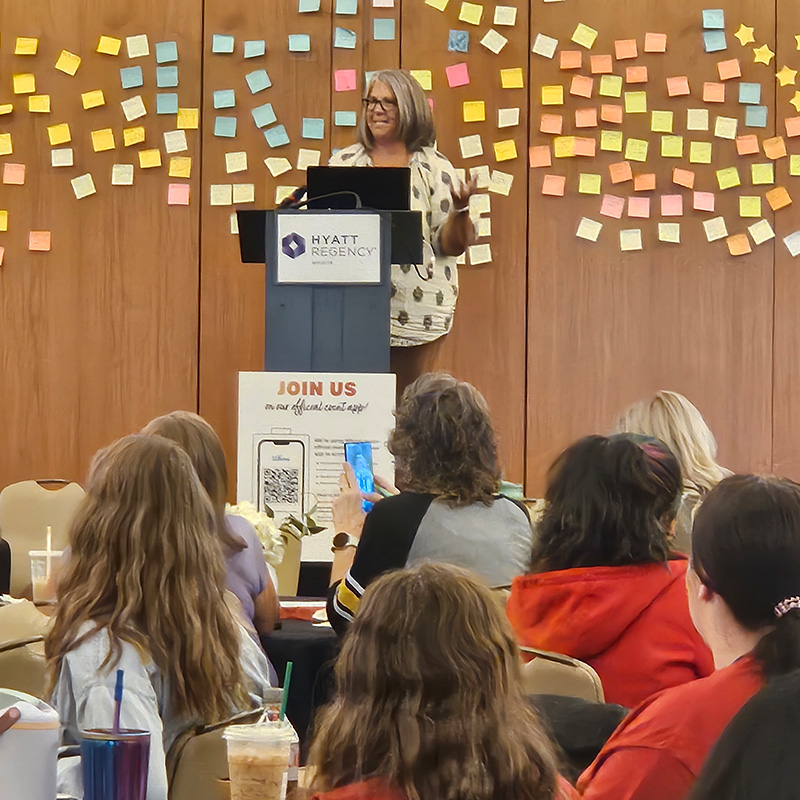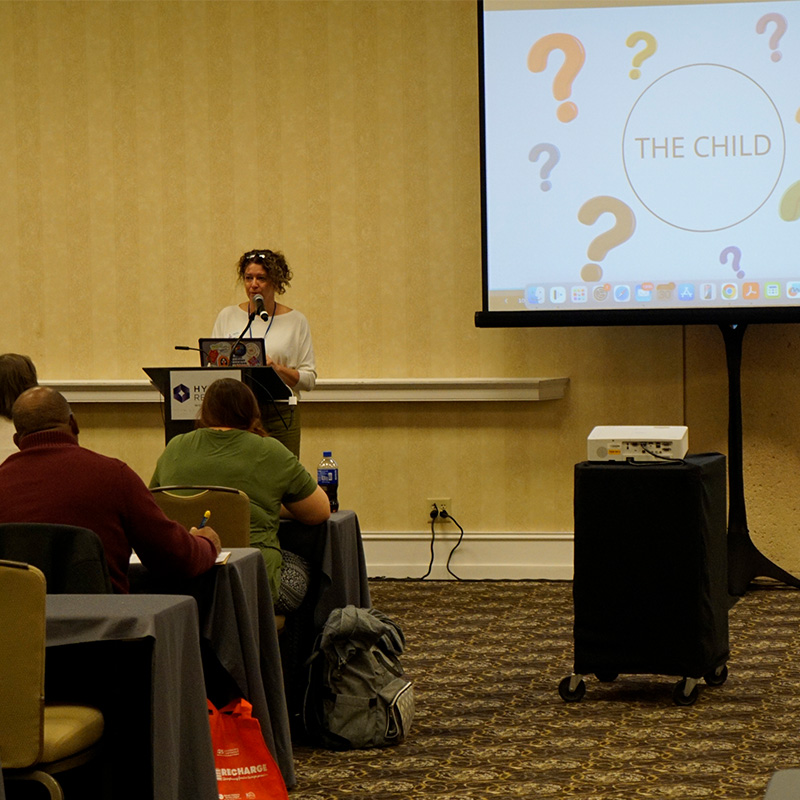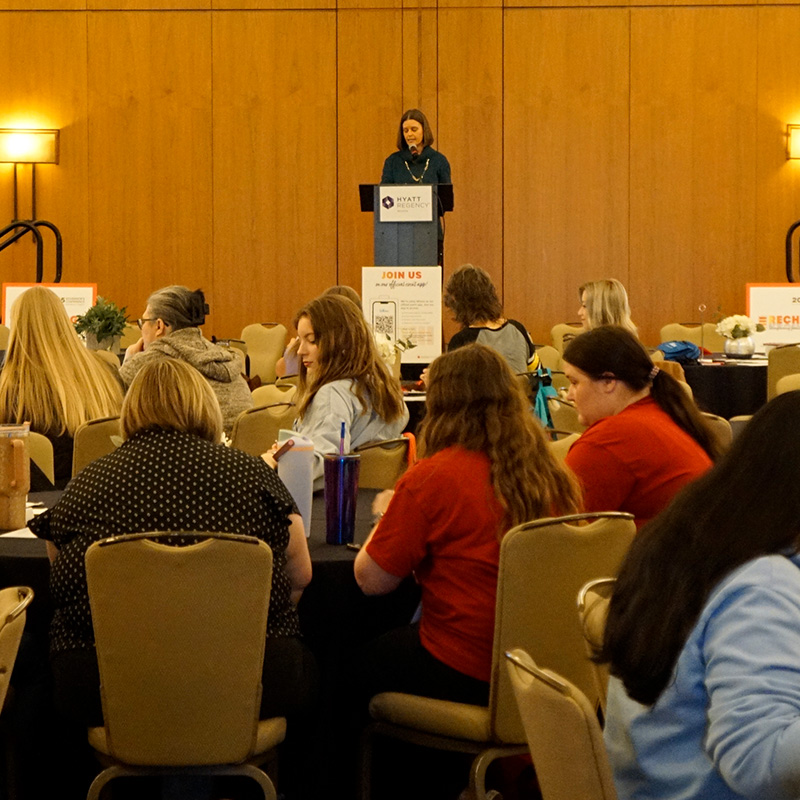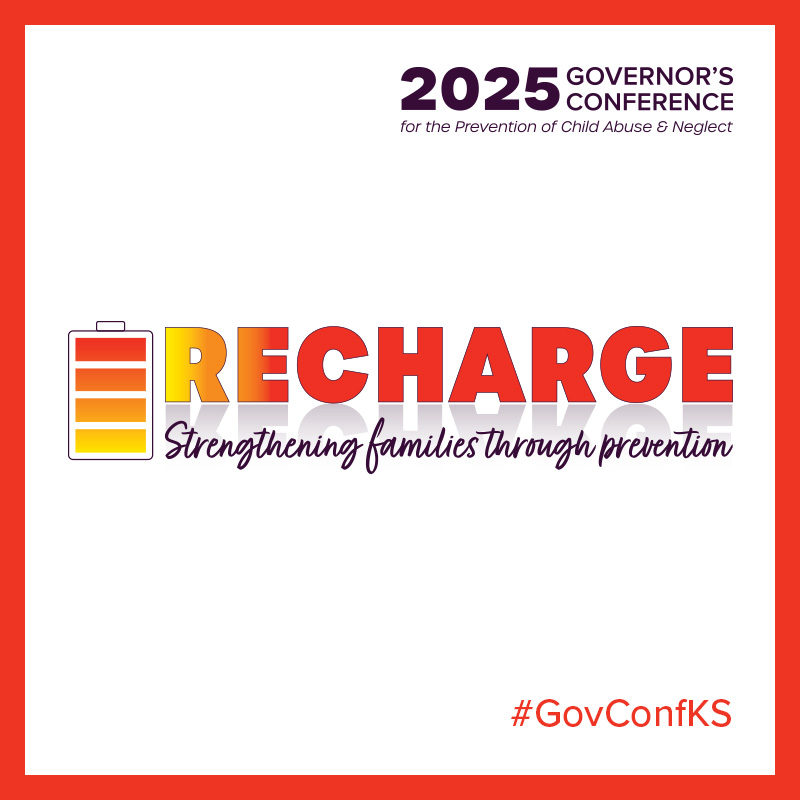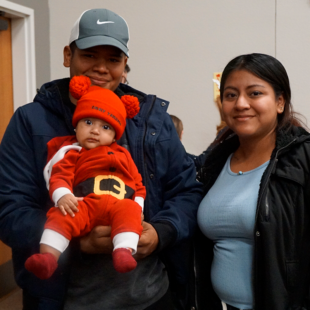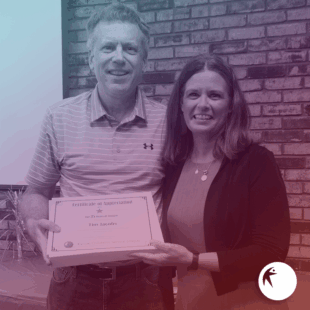Professionals Statewide Gather to Recharge Efforts to Keep Kids Safe
Kansas Children’s Service League (KCSL) hosted the 49th Annual Governor’s Conference for the Prevention of Child Abuse and Neglect Oct. 28–30 at the Hyatt Regency Wichita. In partnership with more than 20 sponsoring agencies, the conference remains Kansas’ only statewide event focused solely on preventing child abuse and neglect. This year’s theme, Recharge: Strengthening Families Through Prevention, emphasized the importance of positive childhood experiences and connecting families to timely, effective resources.
“This conference is about turning research and relationships into real-world impact for children,” said KCSL CEO Gail Cozadd. “When we strengthen our skills and connections, we strengthen Kansas families.”
Recharge in Action
The three-day event featured six pre-conference institutes, two keynote sessions, 46 workshops and a documentary screening. Keynote speakers included Anthony Barrows, executive director of LIFT-New York, and Ellen M. Drolette, author and owner of Positive Spin VT. More than 500 participants from across Kansas attended sessions on topics such as domestic violence, child welfare and foster care, early childhood, youth services and resilience/self-care.
“The Governor’s Conference reflects a statewide commitment to prevention,” Cozadd said. “Every session, every conversation, every connection moves us closer to a Kansas where every child grows up safe, supported and surrounded by opportunity.”
Decades of Commitment to Protecting Kansas Children
Kansas has a long history of child abuse prevention. Nearly 50 years ago, child abuse prevention leaders in the state established Prevent Child Abuse Kansas (PCAK) and hosted the first state conference on child abuse prevention. Kansas became the first state chapter of Prevent Child Abuse America, with the inaugural Governor’s Conference held in 1976. KCSL has served as the PCA Kansas chapter since 1993 and continues to host the annual conference.
Three Days of Learning, Inspiration, Connection
Tuesday, Oct. 28:
The conference began with six full-day pre-conference institutes. Among them, Beyond Awareness: Moving from Data to Action to Create Safe, Nurturing Communities offered an interactive experience that brought advocates, practitioners and allies together to translate data into practical strategies for strengthening communities. Participants engaged in hands-on “data walks,” collaborative discussions and exercises designed to apply research to real-world prevention efforts.

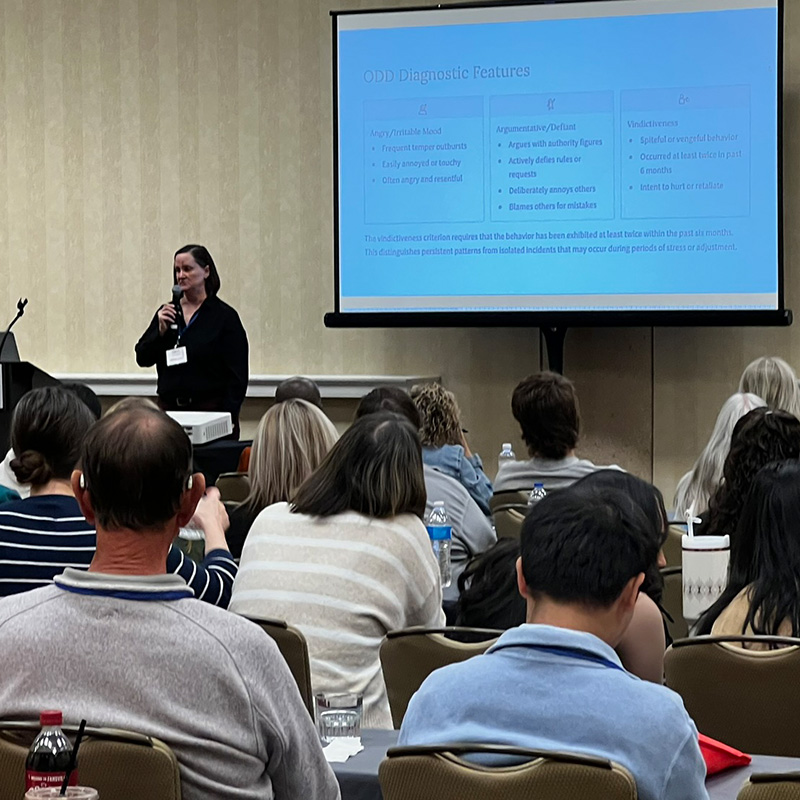

Wednesday, Oct. 29:
The second day opened with a welcome from Cozadd, who set the tone for the day’s focus on prevention and collaboration. The morning keynote featured Anthony Barrows, executive director of LIFT-New York, who discussed Expertise through Experience: Applied Research and Lived Experience in Social Policy. Barrows explored the cognitive effects of chronic scarcity and shared best practices for integrating lived experience into policy and practice.
Workshops throughout the day gave participants opportunities to deepen their knowledge and skills. During the recognition luncheon, attendees heard from a Parent Engagement Panel featuring parent leaders Erin Williams, Carol Roberts and LuAn Crowe. The panelists shared their lived experiences, highlighting the critical role of parent and youth voices in shaping responsive systems for families.
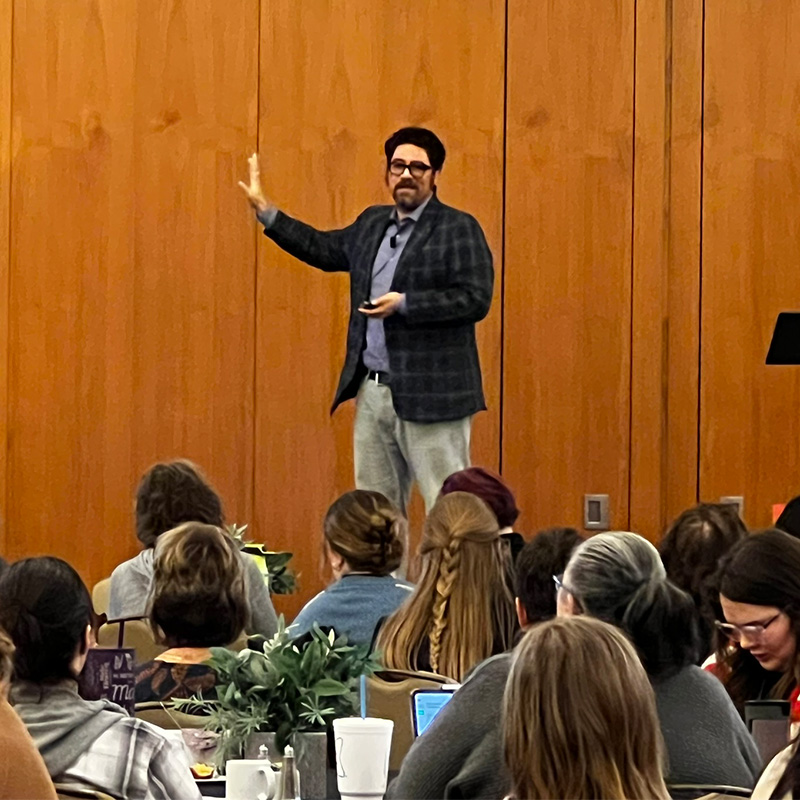
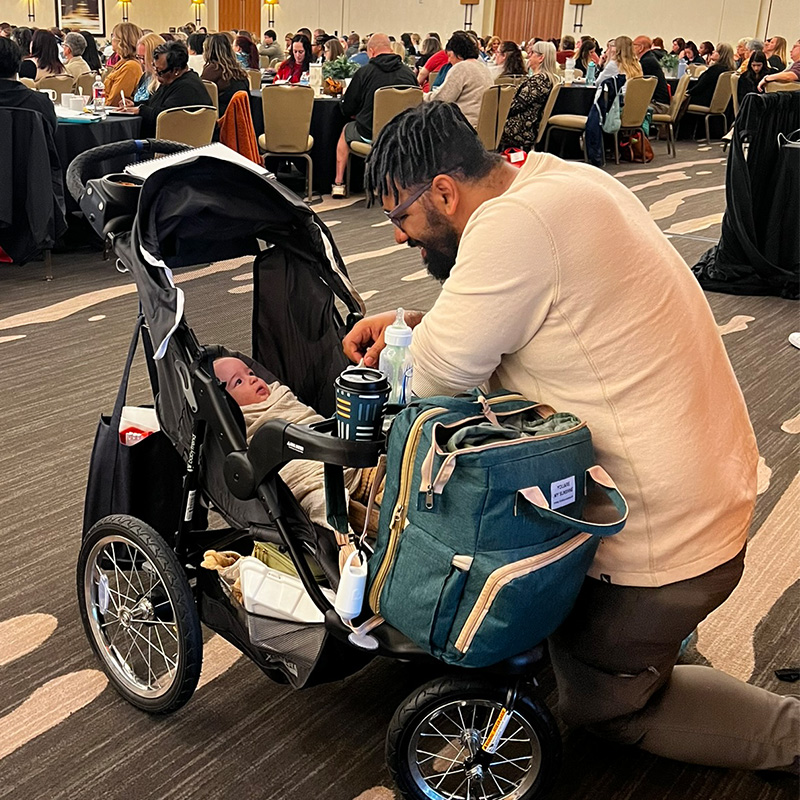
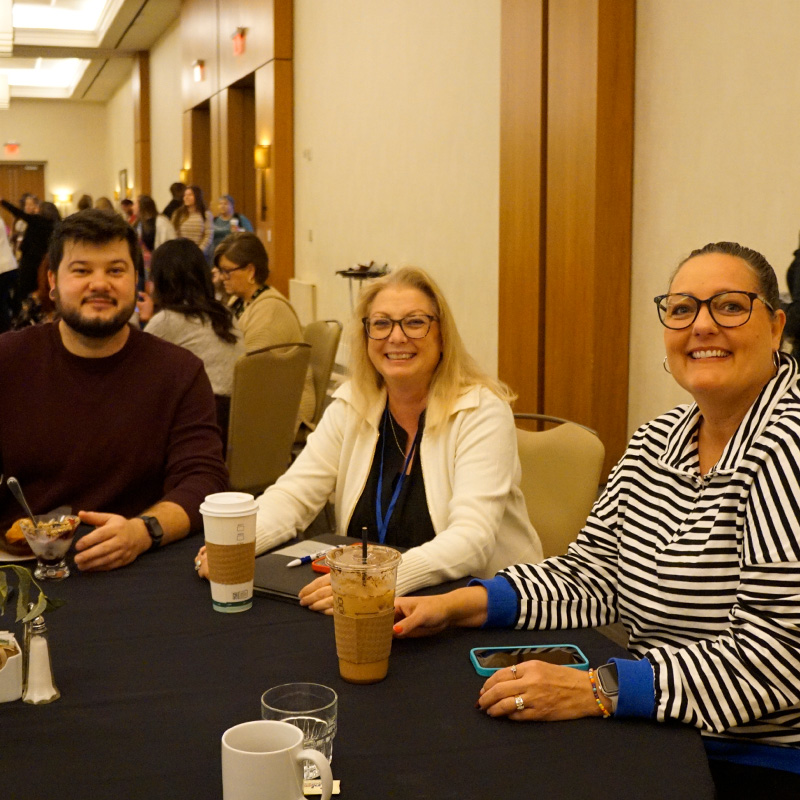
The luncheon also honored the 2025 Exemplary Service to Children and Families Award winners. Dr. Kaela Byers was recognized for translating complex data into actionable insights while keeping Kansas families at the center of prevention efforts. Denise Gibson was honored for her decades of innovation in foster care training and development, improving outcomes for children, families, and professionals across Kansas and beyond.
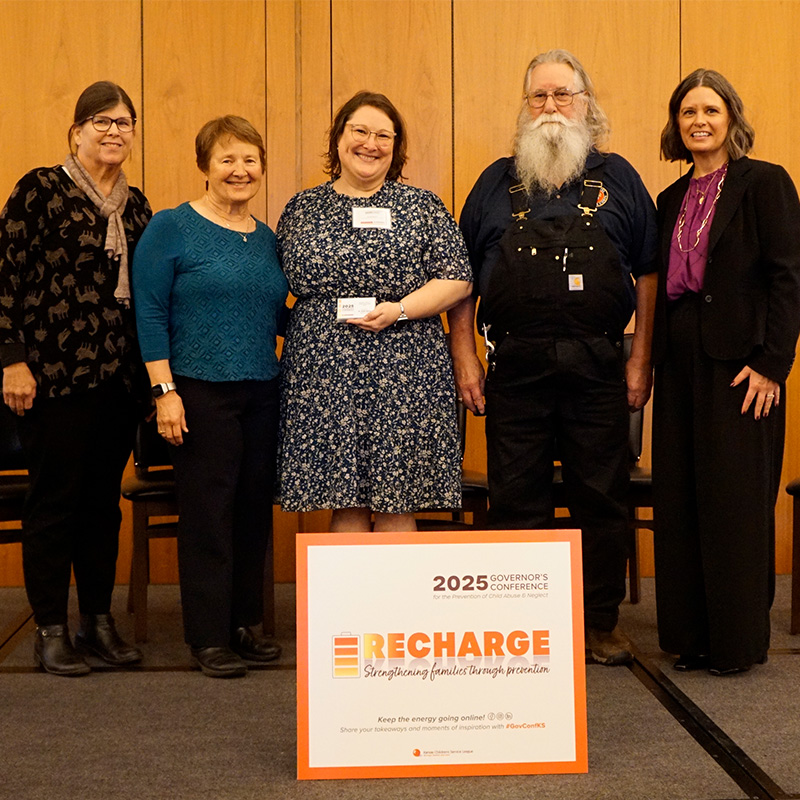
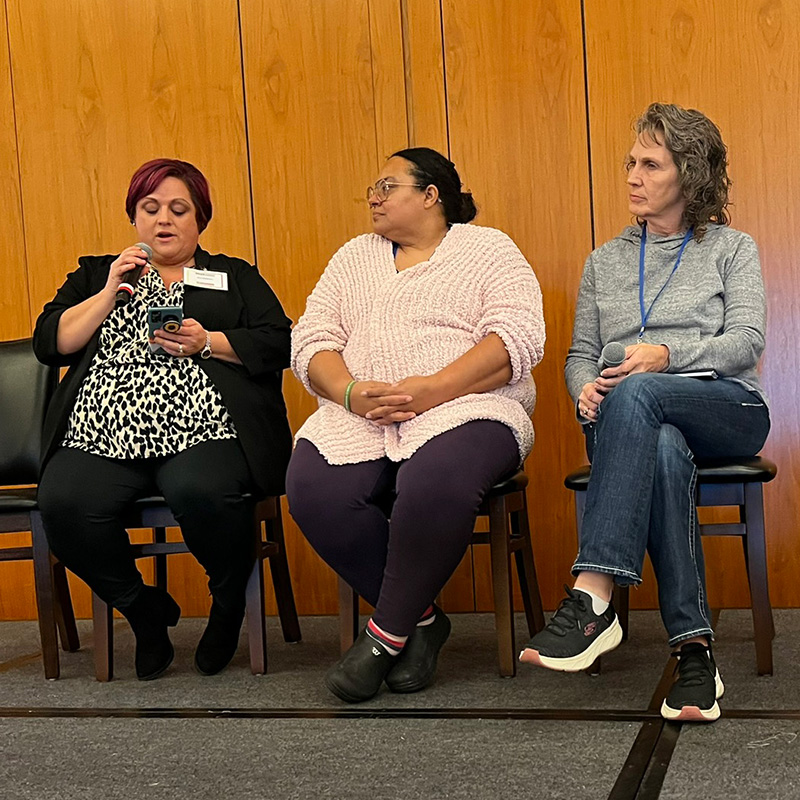
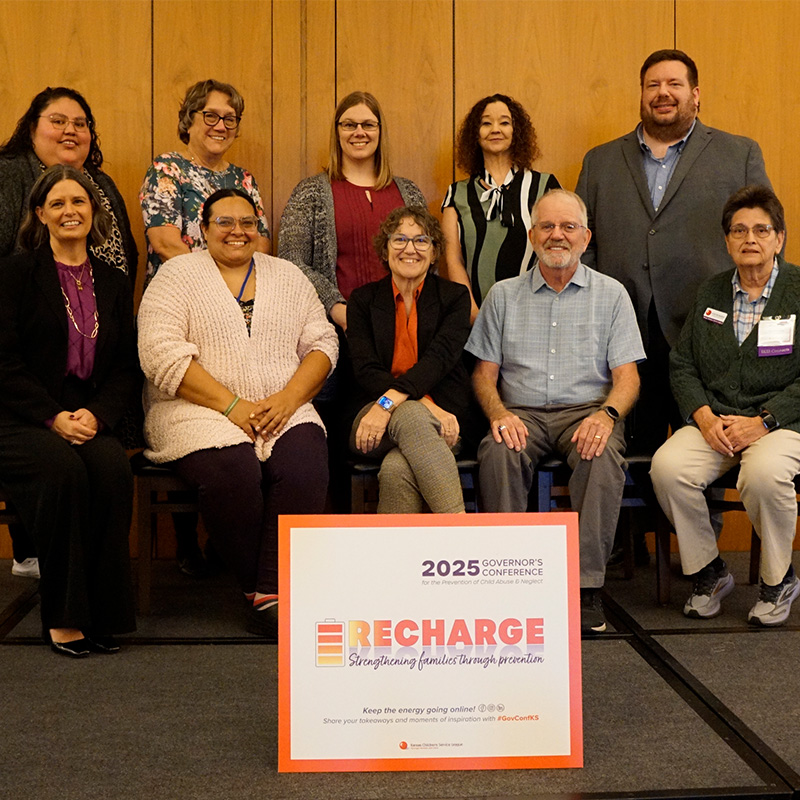
Thursday, Oct. 30:
The conference concluded with closing remarks from Cozadd, emphasizing the importance of ongoing learning and connection. Ellen Drolette, author and owner of Positive Spin VT, delivered the final keynote, The Heart of the Work: Relevance, Relationships, Reflection. She examined how the Triple R Framework can help shift focus from compliance to connection, from burnout to belonging, and from mandated reporting to proactive prevention. Attendees finished the day with additional workshops and a documentary screening that fostered reflection and discussion about applying prevention strategies in their communities.
